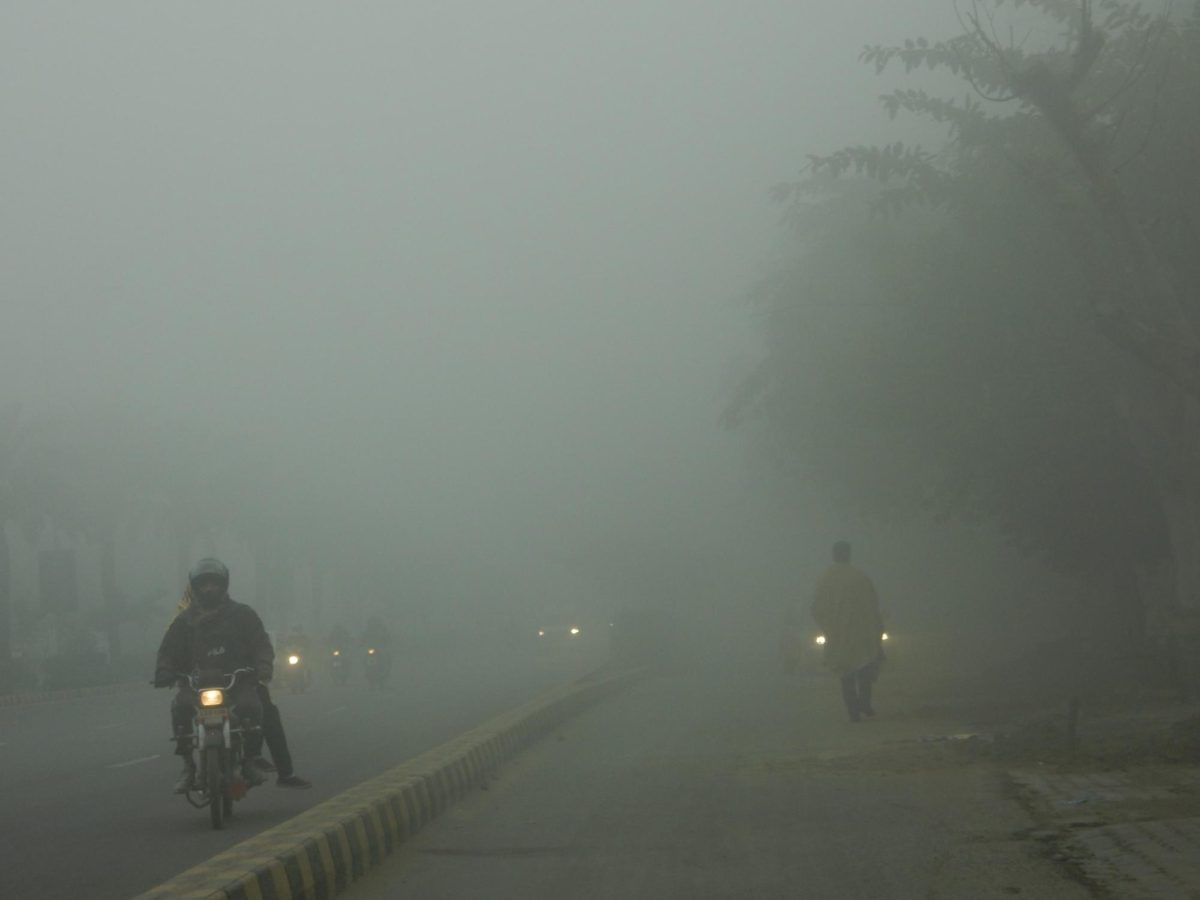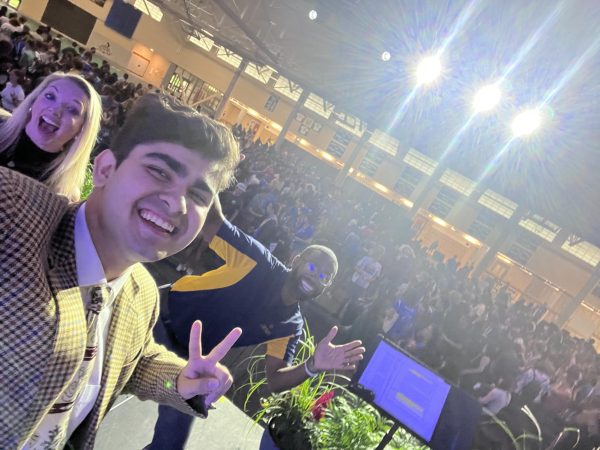My friends back in Lahore, Pakistan have taken up smoking. Some more regularly than others, but the habit persists. I don’t blame them. If your lungs rot with the very action of breathing anyway, why not at least get a kick out of it? I can feel it too, having been here for only two weeks at the time of writing this. I hear it out on the streets, a characteristic hacking cough present in everybody from the elderly to the infants. They ring out with phlegm and resignation. The haze waxes and wanes throughout the day, the sparse rains sometimes permitting a rare reprieve, but it always lurks in the skies above. Everpresent, ominous and waiting.
I remember the first whispers of the smog when I was starting high school. About the sudden grayness that desaturated anything it touched when it arrived with the first touches of what passes for winter in Pakistan. It was my sophomore year, some four years ago now, when we had our first smog day. Funny, I had always dreamed of having a holiday from school due to the weather — I’d just always hoped it would be snow. The following year there were more days off, and more and more until I graduated. I hear it’s even worse now, sometimes resulting in a full week off or a canceled examination for fear of how toxic the air is now. How cruel is that? Perhaps the one thing every single living person shares is the act of breathing. It is instinctual, one of the first things we must do to live. And the people in my city die a little more each time they breathe.
Something I bring up regularly is how dazzling I find the skies in America. The bright pinks of a Connecticut sunset, the cool blues of summer and even the sheer white of winter in Northfield fill me with a childlike wonder. I am sure there are massive urban centers somewhere here where you have to squint hard to see the telltale specks of white across the night sky, but when I say that the only lights I have ever seen above me are those of passing planes, know that stars do not exist above Lahore. When you gaze up, you can only stare deeply into an abyss that has long since burnt through any light it once held. There is a quiet tragedy in that too. A city of more than 11 million denied access to the sheer beauty of the night sky. It was only by moving an entire world away that I could finally look up and see what stars actually look like. Not many can do the same.
As I stayed in the city, for the first time in Pakistani history the government was forced to use artificial rains to mitigate the absolute worst of the smog. It helped, but like always it was simply biding time, somehow knowing that its time to envelop every person in Lahore would arrive as inevitably as death itself. Our attempts to alter the very climate only to delay it for a while speaks untold volumes to the sheer desperation of living in a place that takes away more of your life the longer you spend there.
Lahore is a city of immense beauty. There are very few other cities arrogant enough to claim “you haven’t been born until you’ve seen us.” Perhaps this is my bias showing, but I truly do believe it. It is a city of great history, inheriting thousands of years of pre-Mughal, Mughal, Colonial and modern architecture, habits, cultures and peoples. It is a city of endless movement at all hours of the day, the sunshine giving way to the harsh lights of the markets as people do their best to keep their heads above the water in the everpresent times of strife, uncertainty and turbulence that marks the short history of Pakistan.
I guess the real tragedy is that you cannot really see much of the city anymore. My childhood memories of staring out of my car window at passing buildings, people and places cannot exist in a city where one’s hand is liable to disappear from sight if held out too far. It isolates and consumes any sense of reality in the city, as though the cityscape itself is coming apart, too insubstantial to be perceived at all. We are losing more than just our stars, but any semblance that a beautiful place can even exist when smothered under the grime of human-caused pollution, and I find that quite sad.











